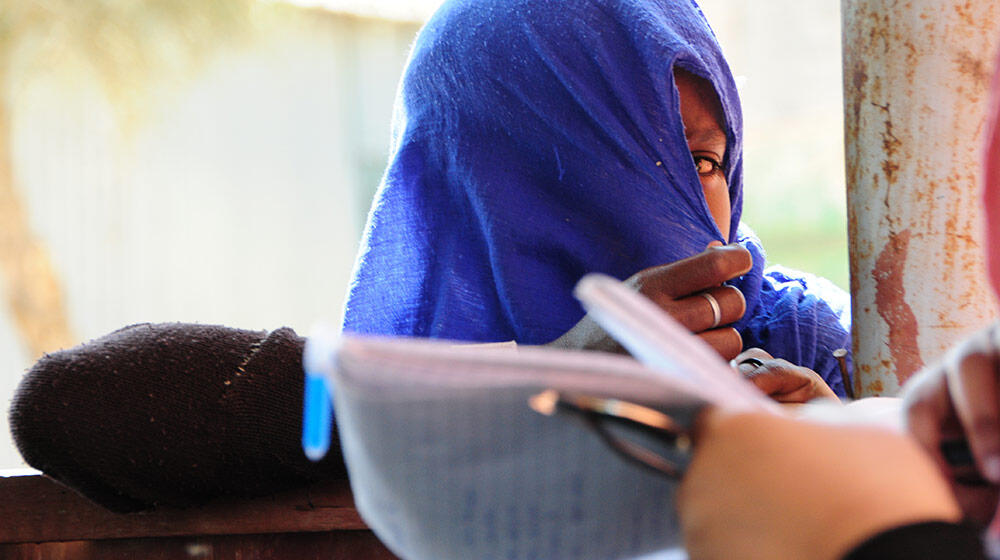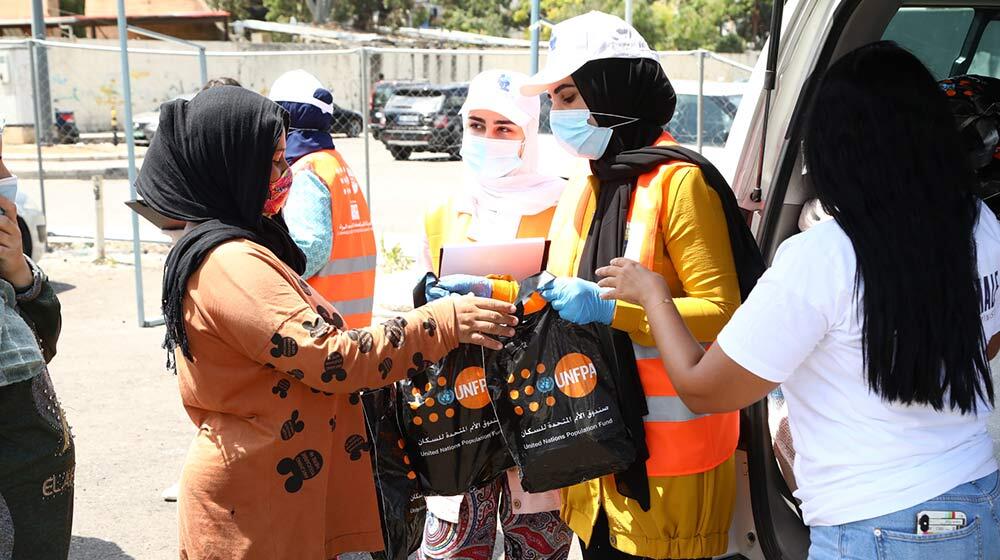
The recent ceasefire in Lebanon has prompted large-scale returns, with over 902,700 people returning to their areas of origin. However, these returnees face significant challenges, including damaged infrastructure, limited public services, and ongoing insecurity in certain regions. Over 178,800 individuals remain displaced, often living in overcrowded or inadequate shelters. Women and girls are particularly vulnerable, facing heightened risks of gender-based violence (GBV) and protection concerns amidst ongoing instability and infrastructural damage. Access to essential health services remains critical, with several healthcare facilities non-operational or partially functioning due to conflict damage.
UNFPA has focused its efforts on providing sexual and reproductive health (SRH) and GBV services to affected populations. This includes supporting institutional deliveries, family planning, and psychosocial care through a network of midwives, mobile medical teams, and safe spaces. Dignity kits have been distributed to thousands of women and girls, and awareness campaigns have raised attention to GBV risks and prevention strategies. UNFPA is also rehabilitating women and girls safe spaces damaged during the conflict and coordinating closely with national and local partners to restore essential services and ensure access for vulnerable groups.
Funding constraints present a significant challenge to sustaining these initiatives. Of the US$ 8.6 million UNFPA financial requirements outlined within the Inter-Agency Flash Appeal, only US$ 3.2 million has been secured, leaving a substantial shortfall. This funding gap threatens the continuation and expansion of life-saving SRH and GBV services, vital for addressing the immediate and long-term needs of the crisis-affected population in Lebanon.




